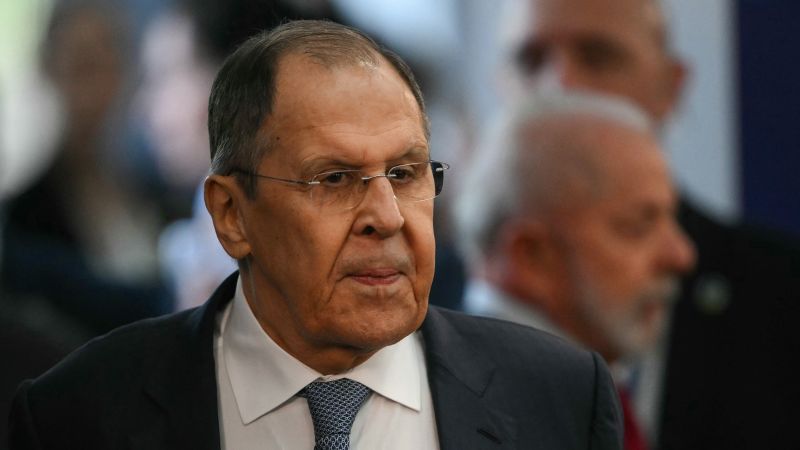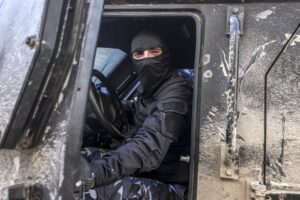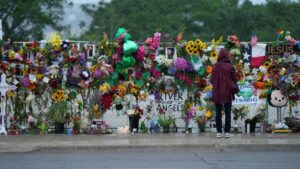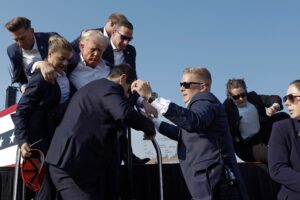
Russian Foreign Minister Sergey Lavrov is scheduled to visit North Korea from July 11-13, 2024, marking a significant step in the strengthening of relations between Moscow and Pyongyang. This visit comes as North Korea becomes increasingly involved in Russia’s ongoing conflict in Ukraine, with reports indicating that the North Korean military is deploying additional troops to support Russian forces.
According to a statement from Maria Zakharova, spokesperson for the Russian Foreign Ministry, Lavrov’s trip will be part of the second round of strategic dialogue between Russia and North Korea. State media outlets, including the Russian agency TASS and North Korea’s KCNA, emphasize that this visit occurs at a pivotal moment for bilateral relations, reflecting a shared geopolitical interest.
During his time in North Korea, Lavrov is expected to meet with his North Korean counterpart, Choe Son Hui, who previously visited Moscow for initial strategic discussions in November 2023. There is speculation that Lavrov may also engage with North Korean leader Kim Jong Un, further solidifying ties between the two nations.
The backdrop of this visit includes North Korea’s commitment to sending an estimated 25,000 to 30,000 soldiers to assist Russian military efforts in Ukraine. This follows the deployment of approximately 11,000 soldiers last year. Such movements have raised concerns about the evolving security dynamics in Asia and the potential ramifications for the ongoing conflict in Ukraine.
As Russia intensifies its military operations against Ukraine, the Kremlin’s reliance on North Korea for military support has become increasingly apparent. Reports indicate that North Korean artillery training manuals have been translated into Russian, highlighting the growing interoperability between the armed forces of both nations. Additionally, a recent report from 11 United Nations member states revealed that North Korea supplied Russia with at least 100 ballistic missiles and 9 million artillery shells in 2024.
Recent satellite imagery has shown cargo planes and troop transport ships facilitating military logistics between North Korea and Russia, indicating a robust military partnership. North Korean soldiers have reportedly been integrated into frontline operations in the Russian border region of Kursk, where they are supporting Russian troops in combat situations.
Despite suffering heavy losses, with an estimated 4,000 North Korean soldiers killed or wounded, the regime in Pyongyang continues to deepen its involvement in the conflict. This integration into Russia’s military operations underscores a significant shift in North Korea’s foreign policy and its alignment with Russia amid heightened tensions with Western nations.
The implications of Lavrov’s visit are profound, as it may not only strengthen the alliance between Moscow and Pyongyang but also reshape the geopolitical landscape in both Eastern Europe and Asia. As the situation evolves, the international community will be closely monitoring these developments for their potential impact on regional security and stability.






